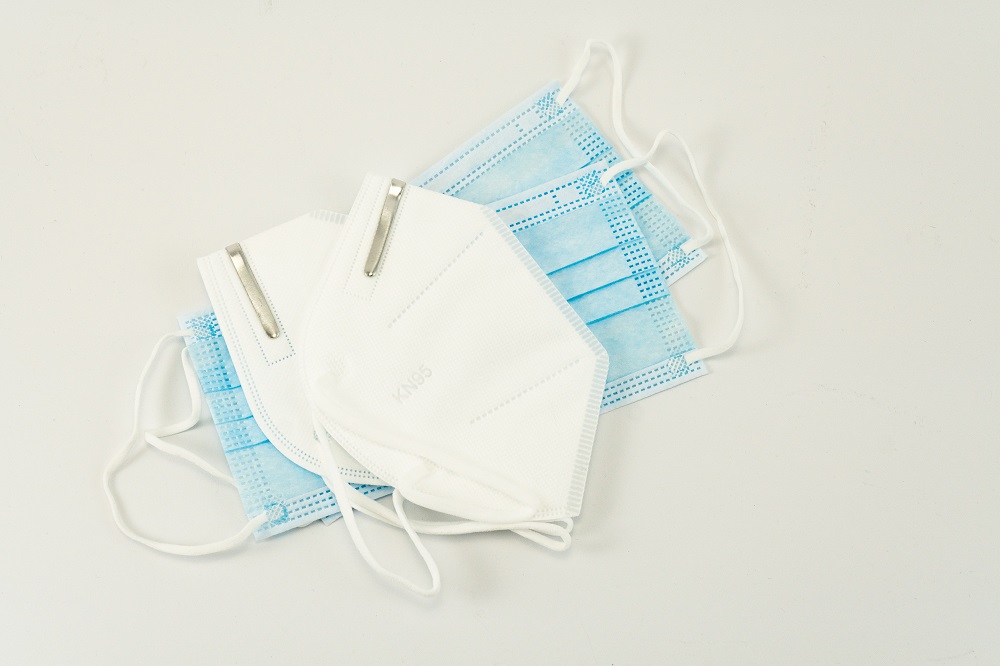I found a very interesting article in “The Coastal Rag”, the local weekly newspaper for Agnes Water community and am now sharing this information.
An estimated 1.56 billion face masks will have entered oceans in 2020, says a report released by Hong Kong based marine conservation organisation, Oceans Asia. Can you believe that?
This will result in an additional 4,680 to 6,240 metric tonnes or marine plastic pollution, says the report entitled “Masks on the Beach: The Impact of COVID-19 on Marine Plastic Pollution”.
These masks will take 450 years to break down, slowly turning into micro plastics while negatively impacting marine wildlife and ecosystems.
Plastic consumption, which has been steadily rising for years, increased significantly as a result of COVID-19 pandemic. “Hygiene concerns and greater reliance on take-away food has led to increased use of plastics, particularly plastic packaging” says Gary Stokes, Director Operations, OceansAsia.
The use of PPE, in particular face masks, has become a common tool used in preventing the spread of the virus, with many jurisdictions mandating the wearing of masks in public. The production of PPE, in particular has expanded in an attempt to meet skyrocketing demand, and PPE waste has also increased dramatically.
Single-use face masks are made from a variety of material and are difficult to recycle due to both composition and risk of contamination and infection. They enter oceans when they are littered, when waste management systems are inadequate or non-existent or when these systems become overwhelmed due to increased volumes of waste.
“Plastic pollution kills an estimated 100,000 marine mammals and turtles, over a million seabirds, and even greater number of fish, invertebrates and other animals each year. It also negatively impacts fisheries and the tourism industry and costs the global economy an estimated $13 billion USD per year” says Gary Stokes.
Which mask should we choose?
When it comes to face masks, the three common types are cloth, surgical, and N-95. N-95 offers the highest level of protection, blocking about 95% of airborne particles. Surgical and N-95 are designed for single use, while cloth masks are designed to be used more than once.
Cloth masks are worn by the general public. They may be wholly reusable or partially reusable with replaceable filters that need to be disposed of.
Having a higher number of cloth masks in rotation to allow for machine washing is better for the environment. Some see mask recycling as a health risk. These difficulties mean masks often end up in landfill.
Using biodegradable materials, such as the abaca plant, a relative of the banana tree, offers a potential option. Its leaf fibre reportedly repels water better than traditional face masks, is a strong as polymer and decomposes within two months.
From an environmental perspective owning multiple reusable face masks, and machine-washing them, is the best option. Consider where you will be wearing it. Unless cloth masks are shown to be as effective as other masks, health-care workers should not use them.
We, as consumers, need to start demanding the government and manufacturers make every effort to design masks that will not harm the planet. Face masks are going to be in our every day lives for some time to come and if this information was based on 2020 data, imagine 2021 and 2022 and decades to come.
Each one of us can make a difference.
Learn XERO online with MIEBS!
Xero Training – One day courses – Book HERE
We offer 4 Xero courses delivered by a ATO Registered BAS Agent with extensive experience in using and training in XERO:
- XERO in a Day – how to use XERO day to day, and the fundamentals of bookkeeping.
- Managing Payroll Using XERO – how to set-up and process payroll, and meet regulatory reporting using XERO
- Smarter XERO – how to sort out issues, set-up and use Fixed Assets, Hubdoc, Budgets, Manual Journals and much more
- Introduction to XERO Projects – how to setup and effectively cost manage small projects
Do you need assistance with getting yourself organised? Contact Elke on 0410 819 783, Email contact@miebs.com.au.
Our expertise is in systems, XERO training, MYOB and Microsoft Office applications.
Visit us on Facebook, or visit our website here. Visit our other blogs here.

